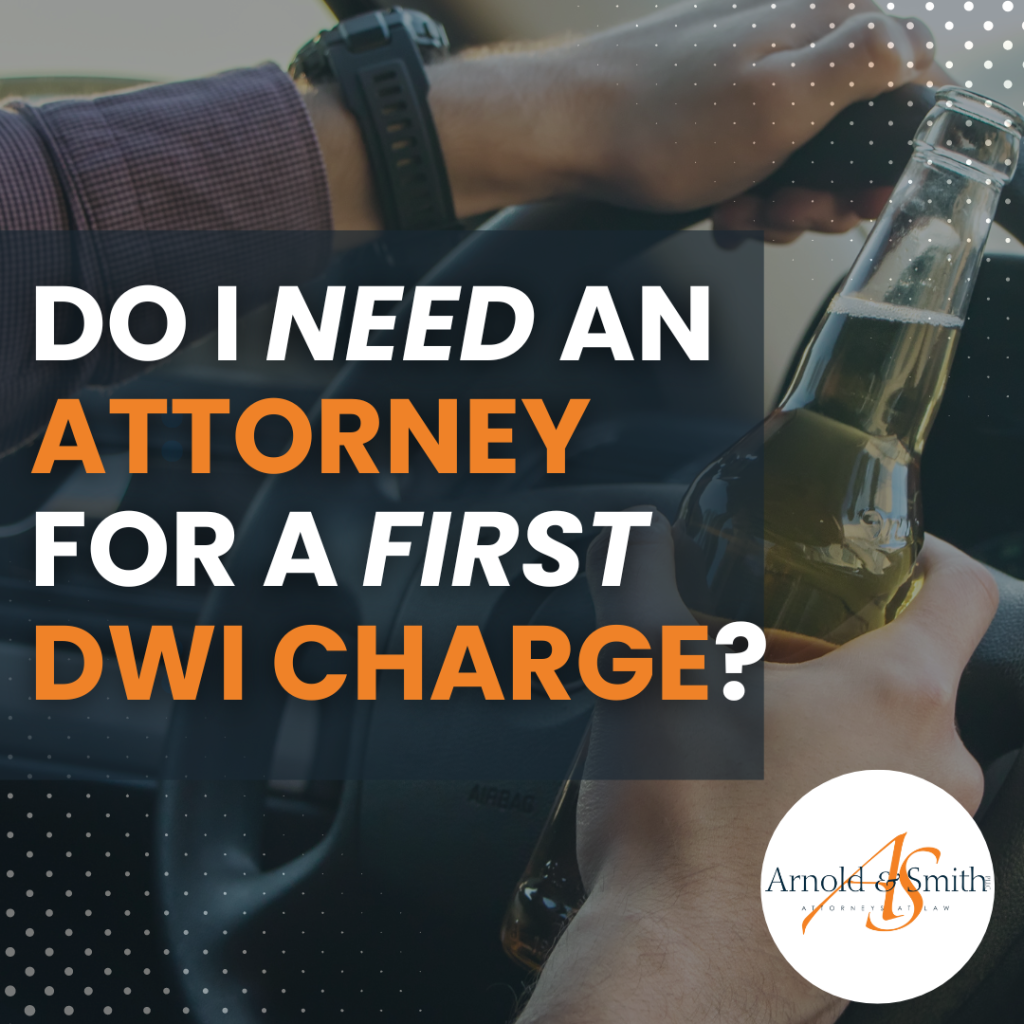 Can I Travel on an Airplane With a Firearm?
Can I Travel on an Airplane With a Firearm?
Many citizens in North Carolina own at least one firearm. According to a report, about 46% of households in North Carolina had at least one gun. The number could be even higher. Often, people keep firearms for protection or for hunting. If you plan to travel, you may want to bring your firearm along with you. It is important to know the laws that apply to bringing firearms and other weapons to the airport and how to pack them properly for legal travel.
Can I Carry a Firearm at the Airport?
 Charlotte Criminal Lawyer Blog
Charlotte Criminal Lawyer Blog










